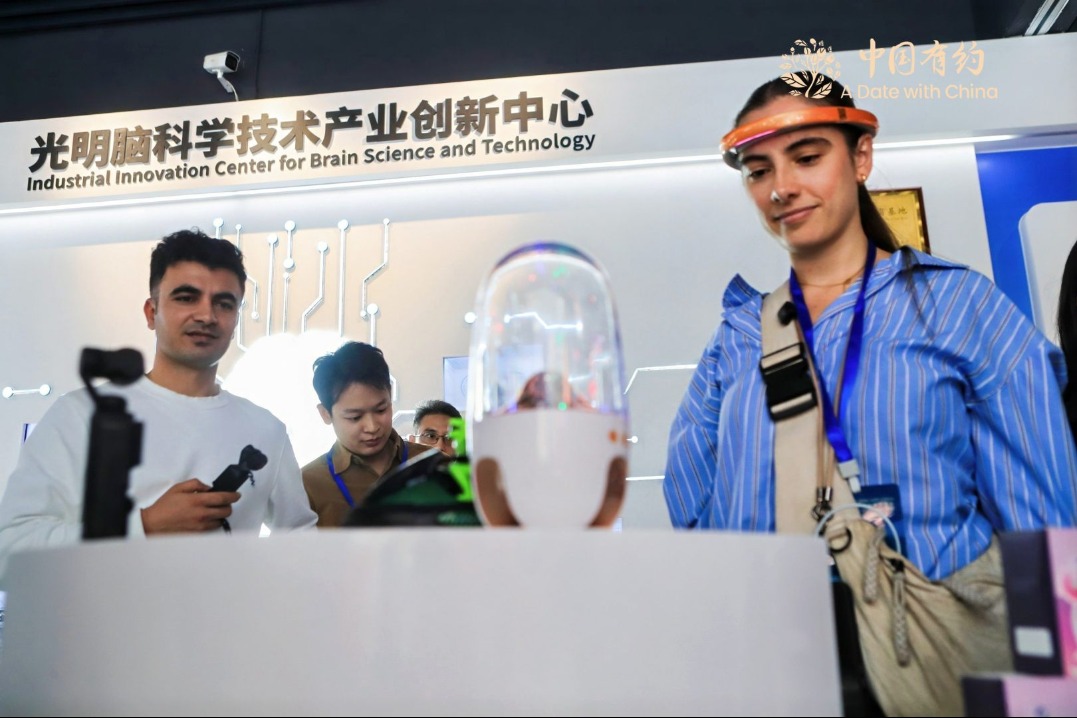Reliability, responsiveness valued in smart car cabins

Car cabins in China are becoming increasingly intelligent, with major gains in multimodal interfaces, AI-based intent recognition and real-time command processing, according to new research from J.D. Power, Tongji University's Human-Vehicle Relationship Lab and the eXtraordinary AI Lab.
In the latest China Intelligent Cabin Awards, vehicles scored an average of 622 points on a 1,000-point scale, with leading models nearing 700.
Recognized models included the Aito M8, Avatr 12, Chery Fulwin A9L, Galaxy M9, Li Auto Mega, Nio ET9, Nio Firefly, Wey Gaoshan, Xiaomi YU7 and Xpeng P7.
Desay SV's fourth-generation smart cabin, iFlytek's iFLYSOUND and Yanfeng's Hover Series seat also received awards for forward-leaning innovation.
First launched in 2022, the awards have shifted to an evaluation system reflecting the rise of AI-first design, using the new Intelligent Cabin Innovation Index.
The benchmark splits weight equally between HMI performance and AI capabilities, each measured through both functionality and user satisfaction.
The study suggests China's intelligent cabin competition is moving away from feature accumulation toward depth of user experience, emphasizing reliability and responsiveness.
While touchscreens remain dominant, 25.3 percent of users criticized the lack of physical buttons for common functions, signaling continued demand for tactile feedback in demanding driving conditions.
Utility-oriented apps such as charging services and vehicle health management scored significantly higher than social-oriented features — pointing to a gap between automakers' push for in-car ecosystems and drivers' practical needs.
Practical AI applications, including congestion-avoidance navigation and health monitoring, outperformed creative features such as AI image or poetry generation.
Meanwhile, 56.5 percent of respondents said they have reduced use of AI-based vehicle controls due to safety and reliability concerns, underscoring the challenge of moving from "performative" intelligence to dependable intelligence.
As large AI models become more widely available, the report notes growing capability homogenization.
Differentiation is now expected to stem from data quality, scenario granularity and adaptive refinement rather than pure model size.
Manufacturers will need to develop closed data-model feedback loops to deliver meaningful personalization in real-world driving.




































